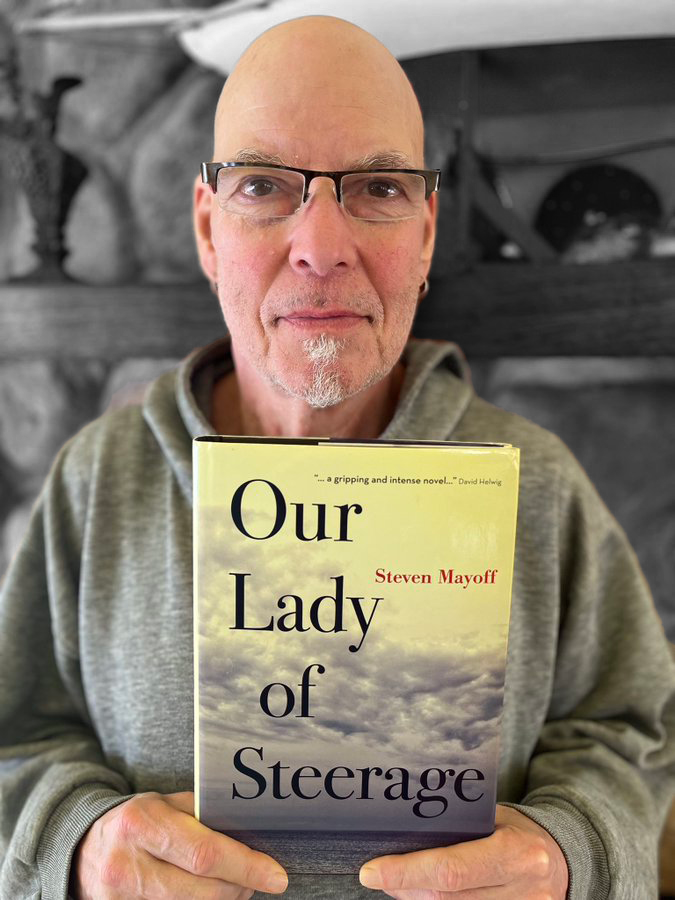What’s the Story with Canadian Copyright Law?

In the 2022 Budget, the federal government promised to amend the Copyright Act to protect creators and copyright holders and ensure a sustainable educational publishing industry. But no action has been taken to date.
Changes to the Copyright Act’s fair dealing rules in 2012 created ambiguity which has led to the widespread copying of creators’ work by educational institutions outside of Quebec without compensation. Though this change in behaviour was never intended by federal legislators, it is having real and damaging consequences. The number of jobs in Canada’s book publishing sector has dropped dramatically, and several major publishers in Canada have left the elementary, secondary or post-secondary school market altogether. The sector’s ability to produce local Canadian content for students is at risk.
Creators get paid when their work is copied by educational institutions in Quebec, because Quebec understands that creators must be paid fairly for their work. Quebec’s educational institutions still respect their agreements and pay royalties to creators and publishers for copying published works. But the same cannot be said for outside Quebec.
Creators from Quebec don’t get paid when their work gets copied by educational institutions in the rest of Canada. Educational institutions outside Quebec are exploiting an ambiguity in the Copyright Act to mass copy the work of creators, without their permission or any compensation. That’s not right. The situation in Quebec is fragile and as long as these copyright rules around fair dealing remain unclear, there’s a big risk that Quebec will follow the rest of Canada and stop paying creators for their work.
Ten years is an impossibly long time for anyone to wait to be paid.
The federal government must fix the Copyright Act so that educational institutions in the rest of Canada will follow Quebec’s lead, do the right thing, and pay creators fairly for the use of the work.


Bev Katz Rosenbaum, Author










